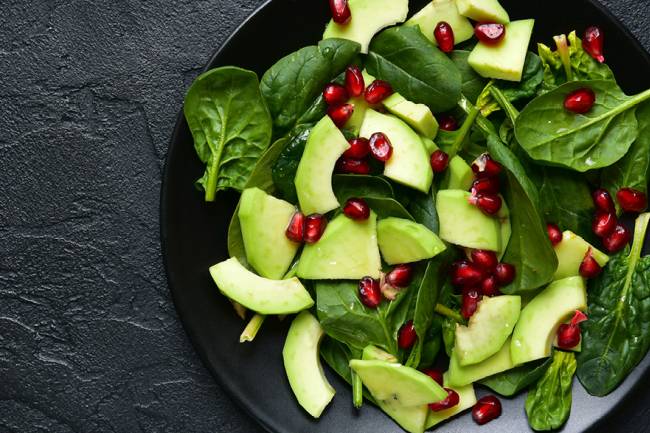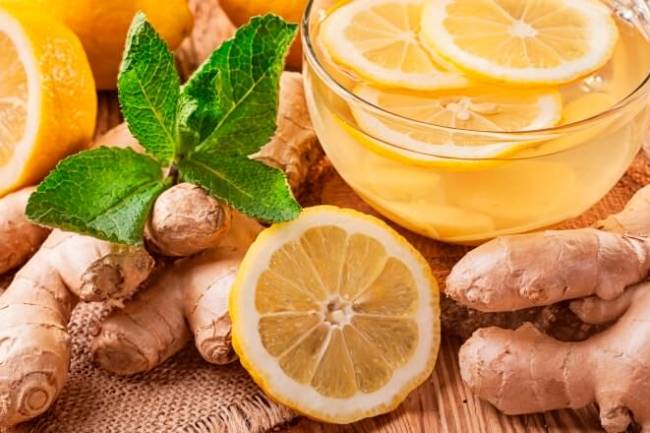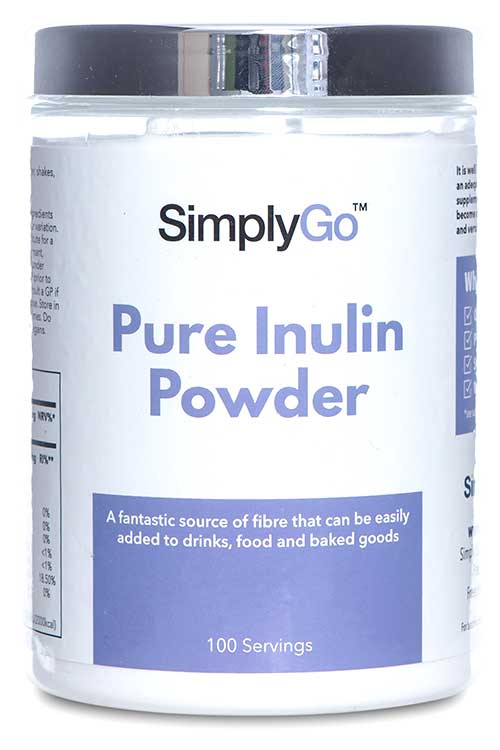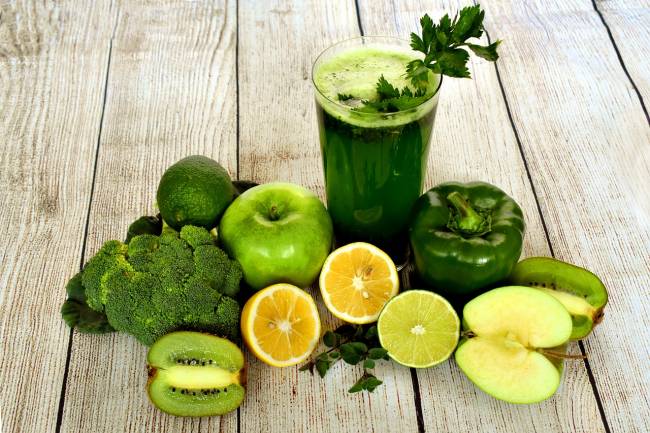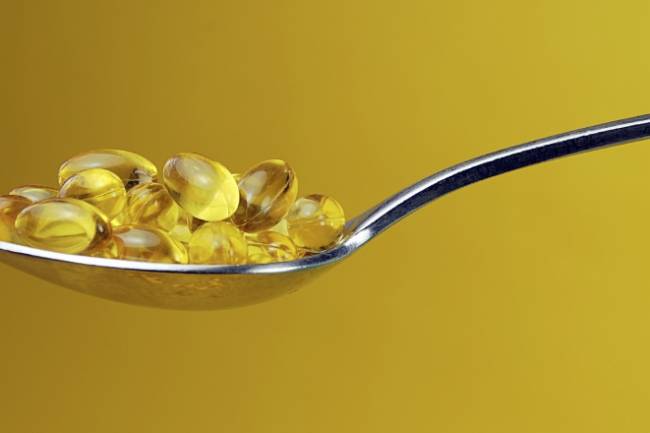The Benefits of Inulin for IBS
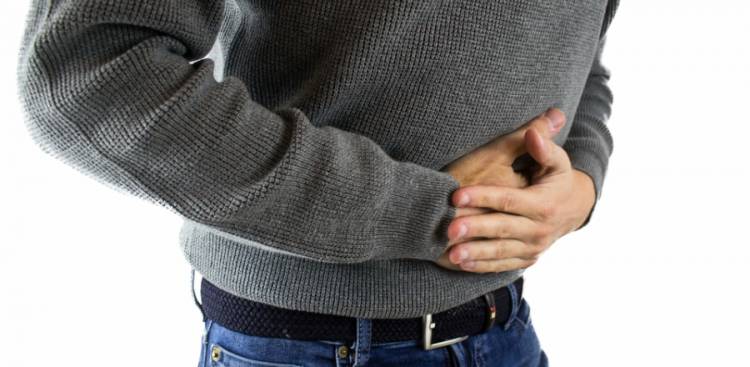
Irritable bowel syndrome is a surprisingly common problem around the world. It has been estimated that roughly 10-15% of the population suffers at any one time, which means that it is one of the most common digestive problems in the developed world.
While doctors have yet to make a definitive diagnosis of the specific causes, there have been some interesting discoveries in recent years.
One of these is the impact that gut bacteria seem to have on the condition. Furthermore, research has suggested that specific foods can influence these bacterial colonies and, by extension, symptoms of IBS.
In this article we'll investigate not only the links between gut bacteria and IBS, but also how a dietary ingredient known as inulin can help.
Exploring the Link Between IBS and Gut Bacteria
Over the years, medical professionals have identified a number of potential links between IBS and gut bacteria. For example, research shows that cases of IBS tend to be far more common during or soon after a nasty infection. Indeed, the pattern is so strong that scientists started to wonder how the two were related.
Another example which demonstrates the link between IBS and bacteria comes in the form of antibiotics. Most antibiotics are non-specific in their target. You may take them in the hope of clearing up a nasty infection, but the same drugs may also end up modifying the bacteria in your gut. Many people find that they suffer from diarrhoea soon after taking antibiotics, most likely as the “friendly” bacteria that help our digestion have been damaged.
IBS sufferers also often notice changes in their condition. For this reason, some experts now recommend the consumption of probiotics alongside antibiotics; essentially trying to wipe out harmful pathogens while simultaneously replenishing the good bacteria.
Since these realizations, scientists have sought to understand the subject more clearly. One avenue of research has compared the gut bacteria (often known as the “microbiota”) of healthy individuals with those of IBS sufferers.
Unsurprisingly, stark differences have been observed. Specifically, research has demonstrated differences in the “relative abundance of Lactobacilli ...[and]... Bifidobacteria”. So what does this actually mean? Both these types of bacteria have been termed “important components of what might be termed the beneficial gut microbiota” by experts. In other words, these are “good” bacteria. But does increasing the number of these bacteria in your gut actually help IBS?
According to a recent study, the answer is yes...
To study the effect of gut bacteria on digestive complaints, 85 volunteers consumed live friendly bacteria for a period of four weeks. Throughout the study period the participants used standardised and widely-accepted questionnaires and standard medical tests to identify any changes in IBS symptoms.
The first result identified was that levels of good bacteria in the gut increase over time when live bacteria are consumed. This indicates that far from passing straight through the digestive tract, they instead colonised the gut and thrived. Just as importantly, however, this treatment also resulted in improved IBS symptoms.
By week two of the experiment 57% of those involved had noted improvements in their condition, and after six weeks this had risen to an impressive 73%. In conclusion, the evidence suggests that there is a very close link between gut bacteria and IBS. It seems that these bacteria, which help to fight off harmful pathogens, really do improve IBS symptoms in many victims. But what can we do to help these bacteria thrive?
The Effect of Fibre on Gut Bacteria
Research has shown that very few of us are consuming enough fibre. At present, it is recommended that we consume at least 30 grams of fibre each day, which can help to reduce cholesterol and improve digestion. The reality, however, is that most of us are barely eating half that number; the average Brit consumes just 18 grams per day. So, could a lack of fibre also be impacting our gut bacteria and, by extension, cases of IBS?
Unlike many other nutrients, fibre isn't broken down through normal digestive processes. It passes through the stomach intact. It is not until it reaches your intestines that friendly bacteria start to ferment it, using the byproducts as a source of energy.
Substances which have this effect are known to experts as “prebiotics”. This is different to “probiotics” as found in some yoghurt drinks. While probiotics include actual live bacteria, prebiotics are simply a food to support your existing bacterial colonies, encouraging them to thrive. And while many different prebiotics have been identified, in this article we're going to look specifically at just one; inulin.
What is Inulin?
Inulin is the name given to a specific type of dietary fibre. It is most commonly extracted from chicory, though it is also found in a range of other commonly-eaten vegetables. The inulin is dried and powdered, then sold in a form which resembles white sugar. Inulin powder is often used as an artificial sweetener in some recipes, or can be easily added to fruit juice and smoothies.
The Effects of Inulin on IBS
By now we've made some serious progress. We've observed the link between gut bacteria and IBS. We've also learned about the benefits of eating more fibre, and how this has been shown to benefit friendly bacteria. We've also seen that inulin is a great example of fibre. All that remains, therefore, is to assess what specific effects inulin has on the digestive system.
A fascinating experiment combined inulin powder with yogurt to produce a high fibre food. 40 sufferers consumed either standard yogurt, or one to which the inulin had been added. The allocated food was then consumed twice a day for a period of two weeks, alongside a standard western diet.
As we should perhaps expect by now, the inulin group experienced improved stool consistency and slower bowel transit time. More excitingly, however, questionnaires distributed to the participants also showed “satisfaction” at the overall results experienced. Elsewhere, studies have confirmed that the consumption of inulin exerts a “preferential stimulatory effect on numbers of the health-promoting genus Bifidonacterium” - the very bacteria that we discussed earlier.
Low FODMAP Warning
While the research surrounding inulin for IBS is quite convincing, there is one potential fly in the ointment. Namely, some sufferers of digestive conditions like IBS opt to use a specific diet known as “low FODMAP” where certain ingredients are deliberately eliminated, then reintroduced one-by-one.
As we're all different, the aim of such a diet is to identify which foods are having a negative effect on your digestive health. It is important to highlight a much-repeated discovery, that there is no single cause or cure of IBS. What works for one person may not help another. Or it may even make matters worse.
Studies have found, for example, that giving IBS sufferers different drinks containing friendly bacteria can have enormously different results for different people. While these probiotics often help, in some cases they can hinder. Therefore, while fibre sources like inulin have been shown to benefit some IBS cases, in others it may be far less useful.
The solution, especially if you're undergoing a low FODMAP diet, is to carefully introduce inulin while watching for any change in your symptoms. If you are undergoing such a diet on the advice of your doctor or nutritionist it is always advisable to discuss the topic with them.
Conclusion
One difficulty with assessing the impact of inulin on IBS is that very few studies have directly looked at this scenario. Instead, numerous experiments have addressed intermediate steps, and it has been up to us today to string these together into a cohesive conversation.
Broadly speaking we have seen that there is strong evidence for a link between friendly gut bacteria and cases of IBS. Furthermore, we've seen that increasing the levels of these bacteria can be beneficial. Inulin, as a source of soluble fibre, seems to aid this process, acting as a food source for such cultures.
Combing these discoveries, it therefore seems reasonable to conclude that inulin can help IBS in many instances. If you opt to try it, it is generally advisable to introduce it into your diet slowly to avoid the risk of additional bloating or constipation.
Slowly experiment over a few weeks to find the “sweet spot” that works for you. Remember: a good target is around 30g of fibre per day.
With our inulin powder, which contains almost four and a half grams of fibre in every five gram scoop, this is an easy target to achieve. Just appreciate that your friendly bacteria numbers won't increase overnight - unless you opt to also use a probiotic supplement - so you may need to be patient to experience the full benefit.
Sources:
https://link.springer.com/article/10.1631/jzus.2006.B0987
https://onlinelibrary.wiley.com/doi/abs/10.1111/apt.12728
https://www.nature.com/articles/ajg2014427
https://www.tandfonline.com/doi/abs/10.4161/gmic.21009
https://academic.oup.com/ajcn/article/65/5/1397/4655460
https://www.cambridge.org/core/journals/british-journal-of-nutrition/article/gastrointestinal-effects-of-prebiotics/BD1B790A844DD58A02125E446FB9F8F8
https://www.fasebj.org/doi/abs/10.1096/fasebj.27.1_supplement.lb426
https://www.sciencedirect.com/science/article/pii/S1359644603027466
https://www.tandfonline.com/doi/abs/10.1080/20014091091841
https://www.sciencedirect.com/science/article/pii/S0273230099913491
https://www.nhs.uk/live-well/eat-well/how-to-get-more-fibre-into-your-diet/

 Nicole
Nicole 